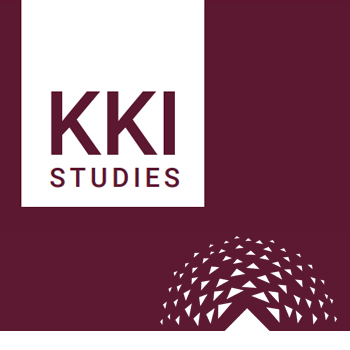Study by Anna Juhos.
One and a half years after the launch of Prime Minister Narendra Modi’s ‘Make in India’ initiative, the ‘Make in India Week’ in Mumbai marked another important milestone in the assessment of his government. Within the frameworks of economic growth and human development, this analysis aims at contributing to current debates through addressing the following issues. By providing an overview of the Indian growth model, it evaluates the pending Land Bill and the emphasis on manufacturing besides the crucial issue of economic growth’s trickle-down effect on human development. By adding to the ‘geography versus institutions’ debate on the deep determinants of economic growth, the analysis highlights the geographically clustered nature of manufacturing. On the other hand, it also emphasises the pre-requisites for foreign investments, such as the pending Goods and Services Tax (GST) Bill, and some Indian states’ potential in terms of their demographic dividend. Overall, in order to make PM Modi’s initiatives successful in the long run, more state-focused skill and vocational trainings, infrastructure development and balanced subsidy systems are proposed. These, however, can only work if improvement of the legal and political environment, additionally, quick enactment and monitoring of in-depth reforms are guaranteed.

